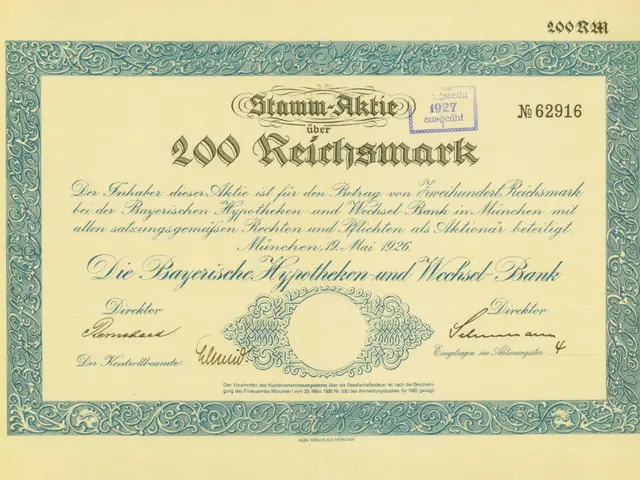Sling Money and the Rise of Stablecoins for Cross-Border Payments
Impact of Stablecoins Extending Beyond Cryptocurrency Transactions: Real-World Implications
In the realm of digital finance, stablecoins have come a long way since their inception as tools for crypto enthusiasts. Today, they're reshaping the financial landscape, particularly in emerging markets, with Sling Money leading the charge in the fast-evolving cross-border payments sector.
The Surprising Growth of Sling Money in Kenya
Upon eradicating the waitlist in mid-September, Sling Money's founders didn't anticipate the avalanche that followed. In just weeks, Kenyan user signups peaked at an astounding seven per second [Enrichment: Accenture]. The company's recent success can be attributed to a viral recommendation chain, triggered by a talk given at a conference in Nairobi [Enrichment: TechCrunch].
Revamping African Cross-Border Payment Landscape with Stablecoins
The traditional way of moving money cross-border in Africa is inefficient, with high fees, multi-day transfer times, and a complex process that involves costly intermediaries [Enrichment: Khaleej Times]. Sling Money provides an appealing alternative by utilizing stablecoins on public blockchains, facilitating instant, affordable transactions directly between countries [Enrichment: Forbes]. This revolutionary approach has been met with enthusiasm in Kenya, where the current mobile money system, M-Pesa, works effectively domestically, but falls short in handling international remittances [Enrichment: Ventures Africa].
Kenya: A Hub for Stablecoin Innovation
Kenya's rapid adoption of Sling Money highlights the practical use of stablecoins, setting them apart from speculative cryptocurrencies. Different from traditional cryptocurrencies, stablecoins maintain a consistent value while benefiting from the borderless capabilities of blockchain technology.
As Mike Hudack, Sling Money's co-founder, expressed, "A lot of people who build products like this start from a North-South remittance perspective." However, present-day realities reveal a different story, with users seeking efficient solutions for moving money not only between developed nations, but also between neighboring countries [Enrichment: Cointelegraph].
Dune Analytics Reveals Rapid Global Adoption of Stablecoins
Global stablecoin adoption is growing exponentially, with a 63% year-over-year increase in total stablecoin supply, reaching $225 billion [Enrichment: analyticsindiamag]. The number of active stablecoin wallets has also skyrocketed, up by 53% to 30 million, and monthly transfer volume has more than doubled, surging from $1.9 trillion to $4.1 trillion [Enrichment: finance.yahoo].
Despite impressive growth, challenges persist, including regulatory clarity, user complexity, and market volatility [Enrichment: fn news]. As regulators continue to address these concerns and the technology becomes more user-friendly, stablecoins are set to play a significant role in the future of African financial systems, fostering financial inclusion and reducing transactional barriers.
Sling Money: Setting the Scene for a Fundamental Transformation
Sling Money's success in Kenya serves as a powerful demonstration of the potential of stablecoins. With responsible use and regulation, stablecoins have the power to revolutionize the way money moves around the world, creating new possibilities for individuals, small businesses, and global commerce alike.#DontBotherMeWithRegulations,ImHereToMakeMoneyMoveAndRevolutionizeTheGame! #StablecoinsFTW #DeFi4All #FinancialInclusion #BreakingBarriersWithBlockchain
With the rising success of Sling Money in Kenya, stablecoins are proving to be a practical solution for Kenyans, offering a more efficient alternative to traditional cross-border payment methods. Despite the drawbacks such as regulatory clarity and market volatility, the global adoption of stablecoins is surging, particularly in Africa, where they hold the potential to revolutionize the financial systems, foster financial inclusion, and break down transactional barriers.
Speculators are increasingly turning their attention to the potential of stablecoins, recognizing their role in reshaping the cross-border payments landscape, particularly in emerging markets like Kenya. The future of African finance could be fundamentally transformed by stablecoins, provided they are used responsibly and subject to appropriate regulation.







